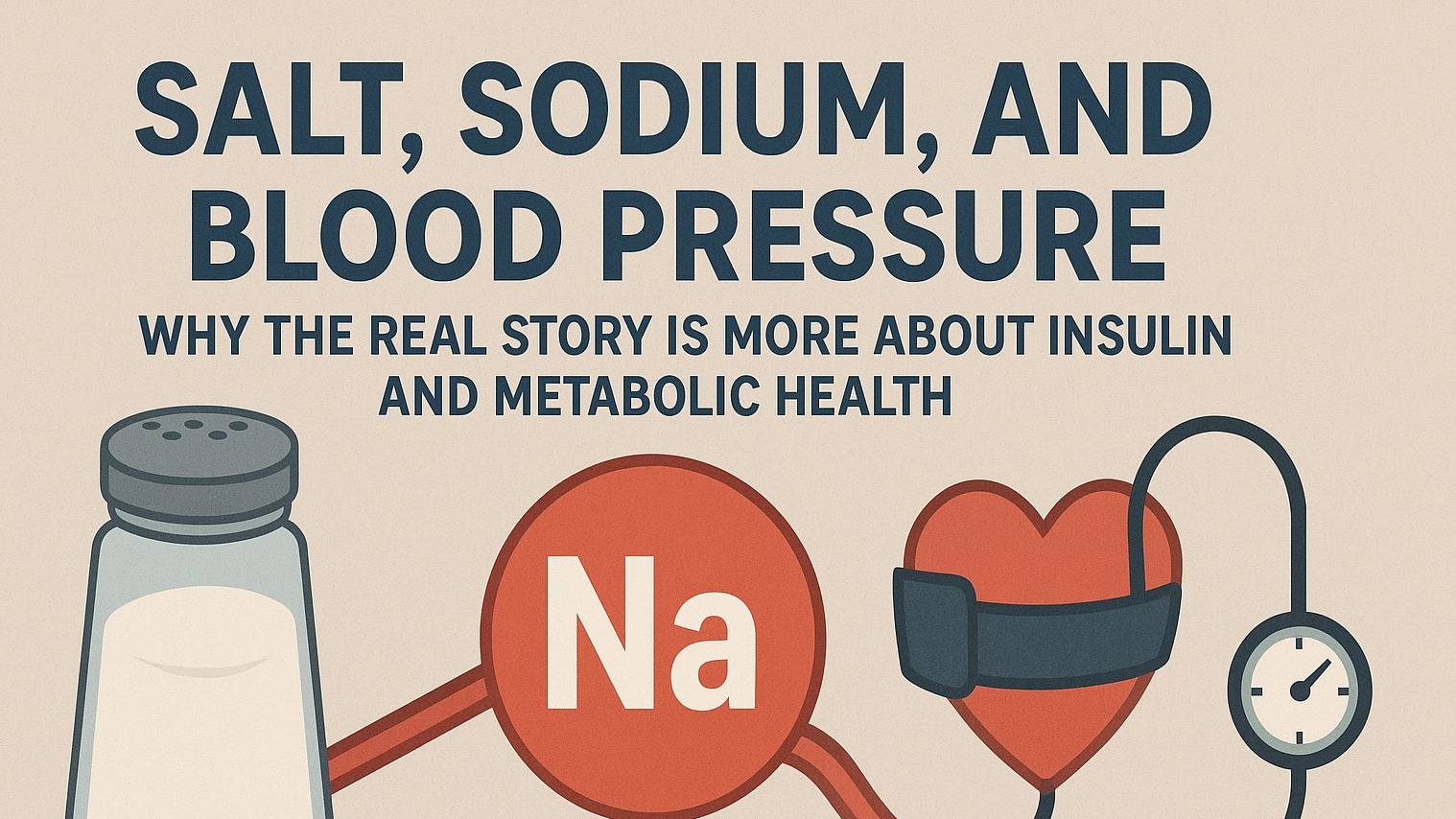
Fasting has gained immense popularity in the health and wellness community, especially as emerging scientific research highlights its profound benefits. While fasting is beneficial for both men and women, postmenopausal women have unique physiological needs that can make fasting a particularly powerful tool for longevity, metabolic health, and disease prevention.
This article will delve deep into the various fasting lengths, the science behind their benefits, and insights from leading researchers, including Dr. Mindy Pelz and the doctors she references in her book Fast Like A Girl.
The Science of Fasting and How It Benefits Postmenopausal Women
1. Intermittent Fasting (12–16 Hours): Metabolic Flexibility & Insulin Sensitivity
Intermittent fasting (IF) is one of the most well-researched fasting methods. Studies show that fasting for 12–16 hours helps regulate insulin, support weight management, and improve metabolic flexibility.[1] Postmenopausal women often struggle with insulin resistance due to declining estrogen levels, making IF an effective strategy for reducing blood sugar spikes and supporting a healthy weight.[2]
-
Key Benefits:
Improved insulin sensitivity[3]
Reduction in visceral fat[4]
Enhanced brain function by increasing brain-derived neurotrophic factor (BDNF)[5]
Support for mitochondrial efficiency, which can slow aging[6]
2. 24-Hour Fasting: Growth Hormone & Cellular Repair
A 24-hour fast can significantly increase human growth hormone (HGH) production. HGH is essential for muscle maintenance, fat metabolism, and cellular repair. Research indicates that fasting for a full day boosts HGH levels by as much as 1300% in women and 2000% in men, helping maintain lean muscle mass while burning fat.[7]
-
Key Benefits:
Increased HGH for muscle retention and fat loss[8]
Improved autophagy (cellular cleaning process)[9]
Enhanced gut health and microbiome balance[10]
3. 36-Hour Fasting: Deepened Autophagy & Reduction in Inflammation
A study published in Cell Metabolism found that fasting beyond 24 hours significantly upregulates autophagy, the body’s process of clearing out damaged cells and recycling cellular components for repair.[11] For postmenopausal women, this could mean reducing the risk of neurodegenerative diseases such as Alzheimer’s, which is more common in women than men.[12]
-
Key Benefits:
Increased autophagy to clear out senescent (aging) cells[13]
Enhanced reduction in inflammation markers like C-reactive protein (CRP)[14]
Regulation of gut microbiota, supporting digestion and immune function[15]
4. 48-Hour Fasting: Stem Cell Regeneration & Immune Boost
A groundbreaking study from Dr. Valter Longo at the University of Southern California found that fasting for 48 hours can trigger significant increases in stem cell production, leading to improved immune function and cellular repair.[16] This is particularly beneficial for aging women who may experience immune dysregulation post-menopause.
-
Key Benefits:
Significant stem cell activation for tissue repair and longevity[17]
Improved fat metabolism and reduction in oxidative stress[18]
Enhanced cognitive function due to ketone production[19]
5. 5-Day Fasting & Beyond: Profound Longevity Benefits
Extended fasting (5 days or more) initiates deep ketosis and extensive autophagy. Dr. Mindy Pelz emphasizes that prolonged fasting can be incredibly effective in resetting metabolic health, reducing inflammation, and improving longevity markers such as telomere length.[20]
-
Key Benefits:
Profound autophagy, reducing risk of chronic disease[21]
Reset of the immune system, improving resilience[22]
Increased ketone production, reducing risk of neurodegeneration[23]
How Fasting Affects Men Versus Postmenopausal Women
While fasting benefits both men and women, the hormonal differences must be considered. Men typically experience a more stable hormonal response to fasting, while premenopausal women may have more fluctuations due to estrogen and progesterone shifts. However, postmenopausal women, whose hormones have stabilized at lower levels, tend to respond similarly to men regarding fasting benefits.[24]
Fasting Strategies for Postmenopausal Women
Ease into fasting with shorter periods (12–16 hours) before progressing to longer fasts.
Support fasting with adequate protein intake to maintain muscle mass.
Incorporate electrolytes to prevent dehydration and maintain mineral balance.
Monitor stress levels, as fasting can sometimes increase cortisol in sensitive individuals.
Final Thoughts: Fasting as a Longevity and Health Tool
Fasting is not a one-size-fits-all approach, but science strongly supports its benefits for postmenopausal women. From metabolic flexibility with intermittent fasting to immune system rejuvenation with longer fasts, this practice offers a myriad of health benefits.
By understanding the science behind different fasting durations and tailoring them to individual needs, postmenopausal women can optimize their health, energy, and longevity.
References
Mattson MP, et al. NEJM (2019). "Effects of Intermittent Fasting on Health, Aging, and Disease."
Harvie M, et al. J Transl Med (2016). "The impact of intermittent fasting on insulin sensitivity."
Boden G, et al. Diabetes (2005). "Fasting increases insulin sensitivity."
Antoni R, et al. Obesity (2018). "The impact of time-restricted feeding on visceral fat."
Mattson MP. Trends Neurosci (2015). "Fasting and Brain Health."
Lopez-Otin C, et al. Cell (2016). "The Hallmarks of Aging."
Ho KY, et al. J Clin Invest (1988). "Fasting and Growth Hormone Secretion."
Cummings DE, et al. Endocr Rev (2014). "Hormonal responses to fasting."
Levine B, et al. Nature (2017). "Autophagy and longevity."
O’Callaghan RM, et al. Neurosci Biobehav Rev (2010). "Fasting and gut health."
Alirezaei M, et al. Autophagy (2010). "The role of fasting in cellular renewal."
Whitmer RA, et al. BMJ (2005). "Alzheimer's risk in postmenopausal women."
Madeo F, et al. Science (2018). "Fasting-induced autophagy."
Meydani SN, et al. Ageing Res Rev (2010). "Inflammation and fasting."
Sonnenburg JL, et al. Cell (2016). "Fasting and microbiome health."
Cheng CW, et al. Cell Stem Cell (2014). "Fasting and stem cell renewal."
Longo VD, et al. JAMA (2016). "Prolonged fasting and immune rejuvenation."
Harvie M, et al. Cell Metabolism (2017). "Fasting and oxidative stress."
Morris MC, et al. Alzheimer’s Dement (2015). "Ketones and brain health."
Pelz M. Fast Like A Girl (2022).
 Add Row
Add Row  Add
Add 










Write A Comment